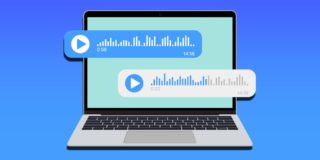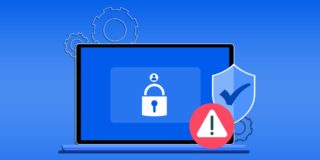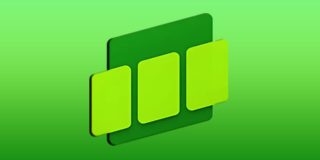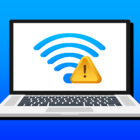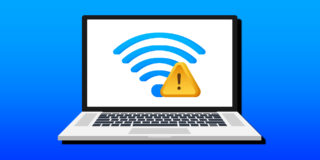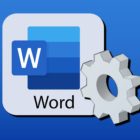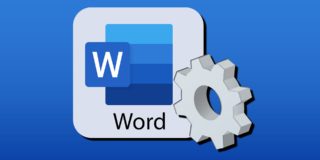Best Ways to Bring Back Old Features to Windows 11
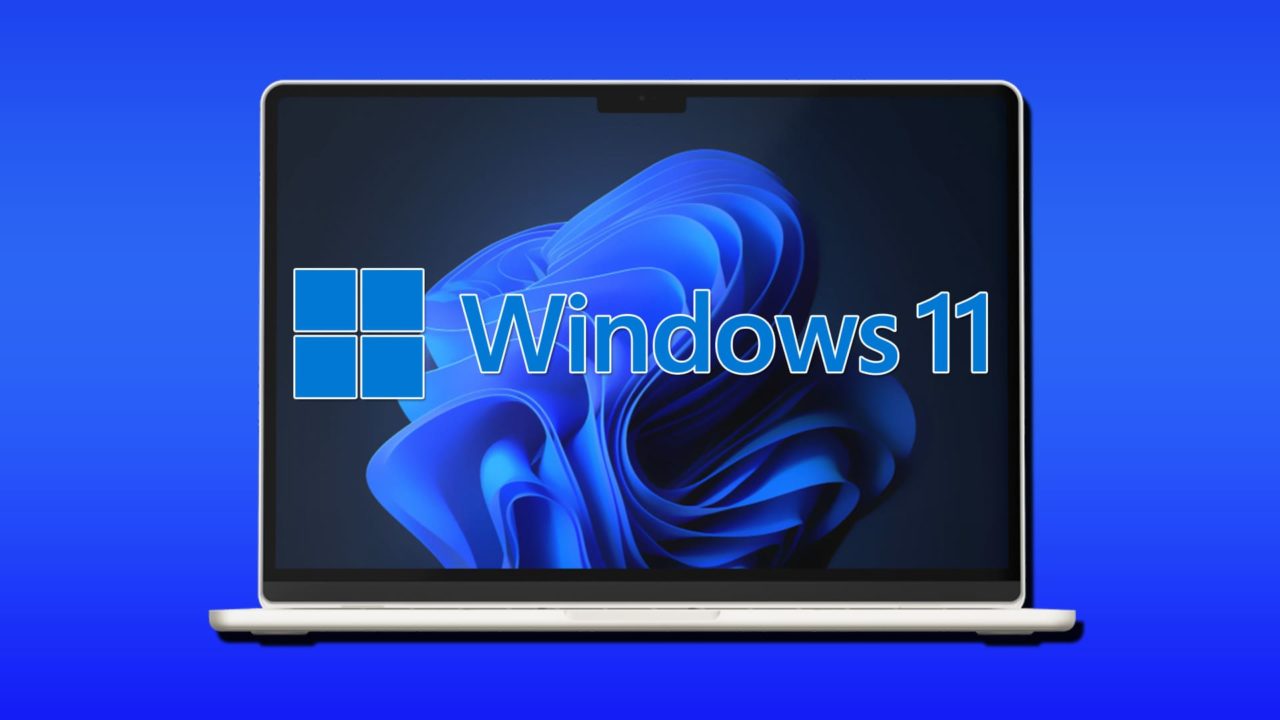
Windows 11 came with a much sleeker interface, but it also removed a lot of features that were considered “core” in Windows 7 and 10. If you’re looking to bring back old features to Windows 11, you have a lot of free or freemium options online. Regardless of how you go about it, make sure to use trustworthy apps and read the reviews to ensure you’re getting the real deal.
Option 1: Windows Start Menu
Of all things, the Start menu has arguably gone through the most changes between every iteration of Windows. And the newest one is relatively lackluster when you want a clear overview of your options and files. That’s where OpenShell comes in as a free-to-use tool to revert your Windows Start menu (and a bit of toolbar) to how it looked in Windows 10, 7, and even Windows XP, alongside all the features you used.
Once you download the exe file from GitHub, all you have to do is pick a style and it will be applied to the system.
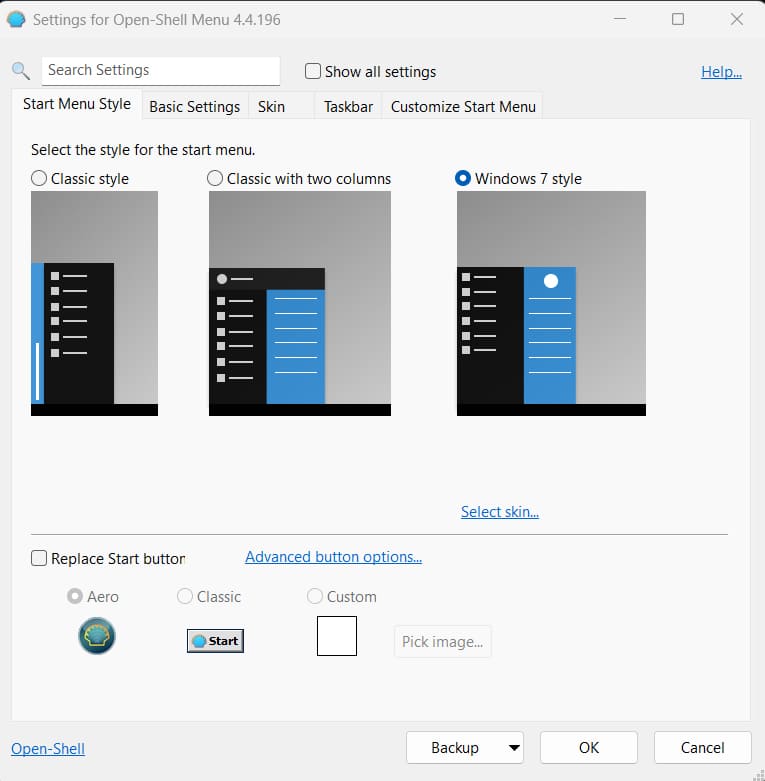
You can also get further customization options to bring back a few features from various Windows versions and pull the most useful shortcuts to the new (old) Start menu.
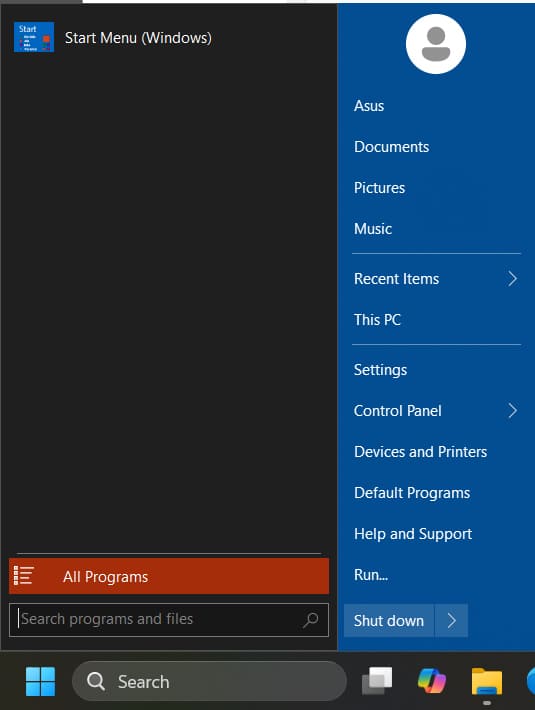
Option 2: Get Gadgets Back
Gadgets were ultimately removed from Windows because Microsoft considered them a severe security issue, so take note if you do plan to bring them back. Despite that, you can easily make your desktop pop with the traditional notes, alarms, CPU meter, or even shortcut icons. This is possible with GadgetPack, a free tool that comes with over 40 gadgets from the get-go, most of which are the stock options from Windows 7.
The look is slightly different from Windows 7, as the gadgets are on a toolbar of their own instead of free-floating on the desktop, but they can be dragged-and-dropped and you get a few different menus.
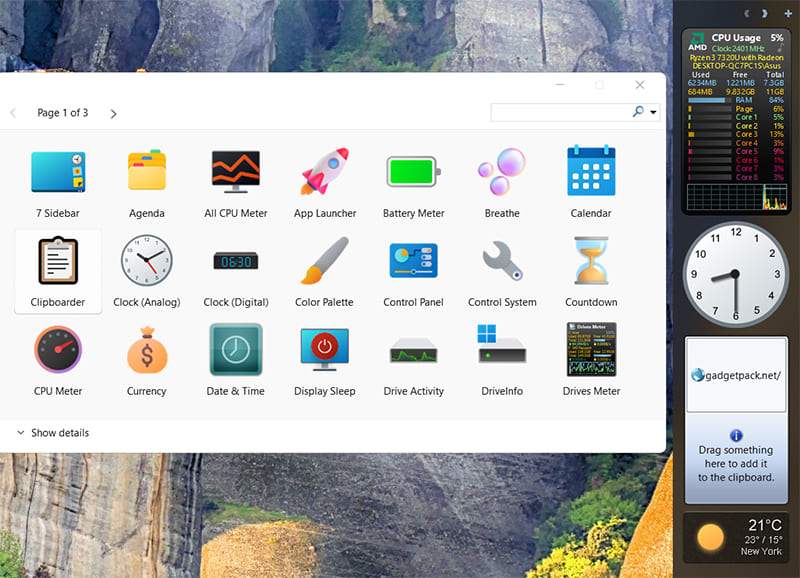
Option 3: Revert the Task Switcher
The new task switcher shows a lot more context for each program, but it also takes up much more space as a result. Additionally, some programs that open multiple tabs can easily make the task switcher practically unreadable. To go back to how it used to look with simple icons, you can use ExplorerPatcher.
Once installed, this tool can change the task switcher, some parts of File Explorer, and even modify how the taskbar looks. Note that the tool restarts Explorer, so your screen might appear to flicker, and Windows 11 might think it’s malware (but there shouldn’t be any issues). To change the Task Switcher, right-click the taskbar, choose “Properties,” then go to “Windows Switcher” and choose an option. The Properties screen also has plenty of other options you can modify.
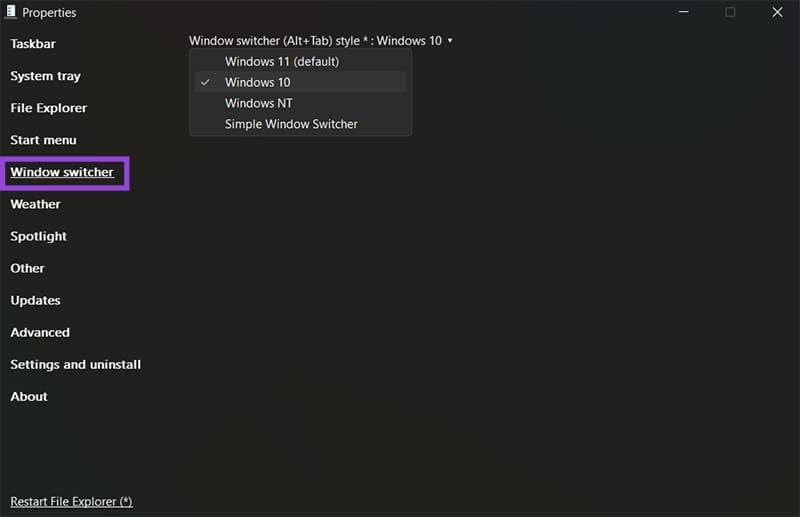
Option 4: Get the Old File Explorer Ribbon
While sleek, the new File Explorer hides a lot of advanced options behind more clicks. If you want Windows 11 bring back old features, then File Explorer’s ribbon might be one of the easiest ways to simplify how you search files.
You can bring up the old ribbon by searching for “Windows Tools” in the search bar, then moving to the “This PC” or “Desktop” from that window. This will keep the old ribbon on the top while you can continue browsing.
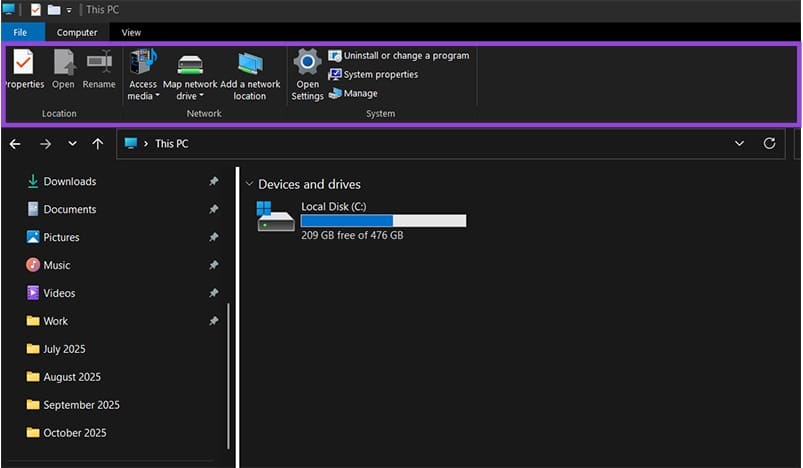
You can then pin the Windows Tools to the taskbar (and unpin the File Explorer) if you want to keep using this look. Alternatively, you can use ExplorerPatcher to try to make the change permanent, and even OpenShell can attach a ribbon with some features.




